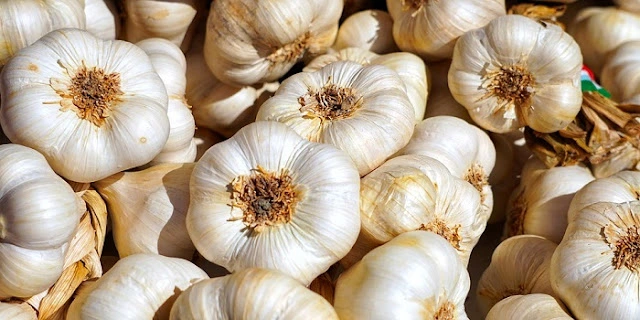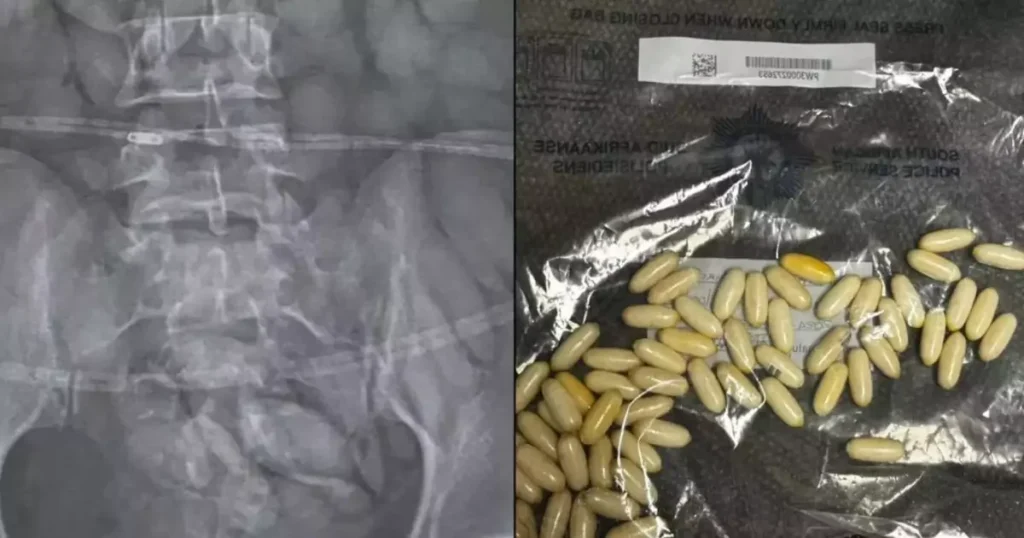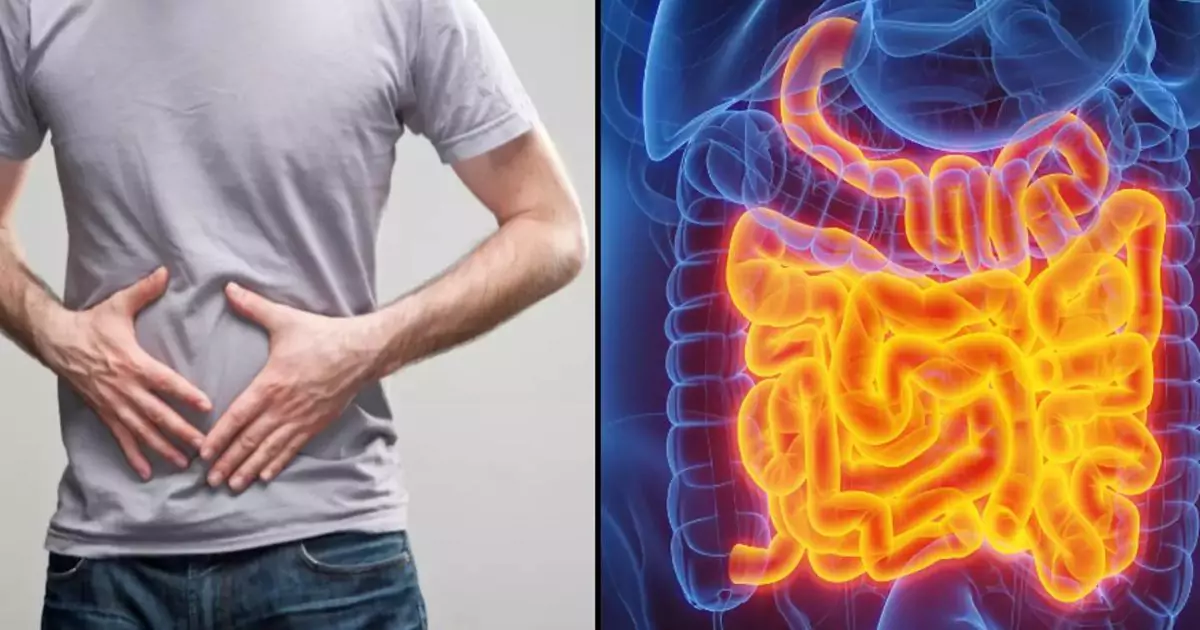
Health experts have identified several signs that may indicate poor gut health, a concern that is becoming increasingly significant amid a rise in cancer rates among younger people. A recent study by Cancer Research revealed a 24% increase in cancer diagnoses among people under 50 between 1990 and 2019. This alarming trend has prompted researchers to investigate potential causes, with many pointing to the health of the gut microbiome as a critical factor.
The Link Between Gut Health and Cancer
One of the most concerning trends is the rise in colon cancer cases. Bowel Cancer UK suggests that negative changes in the gut microbiome could be linked to this increase. The gut microbiome, a complex community of microorganisms living in the digestive tract, plays a vital role in overall health, including immune function, digestion, and even mental health.
Recognizing the Signs of an Unhealthy Gut
Being aware of the signs of poor gut health can help you take proactive steps to improve your well-being. Here are seven key indicators to watch for:
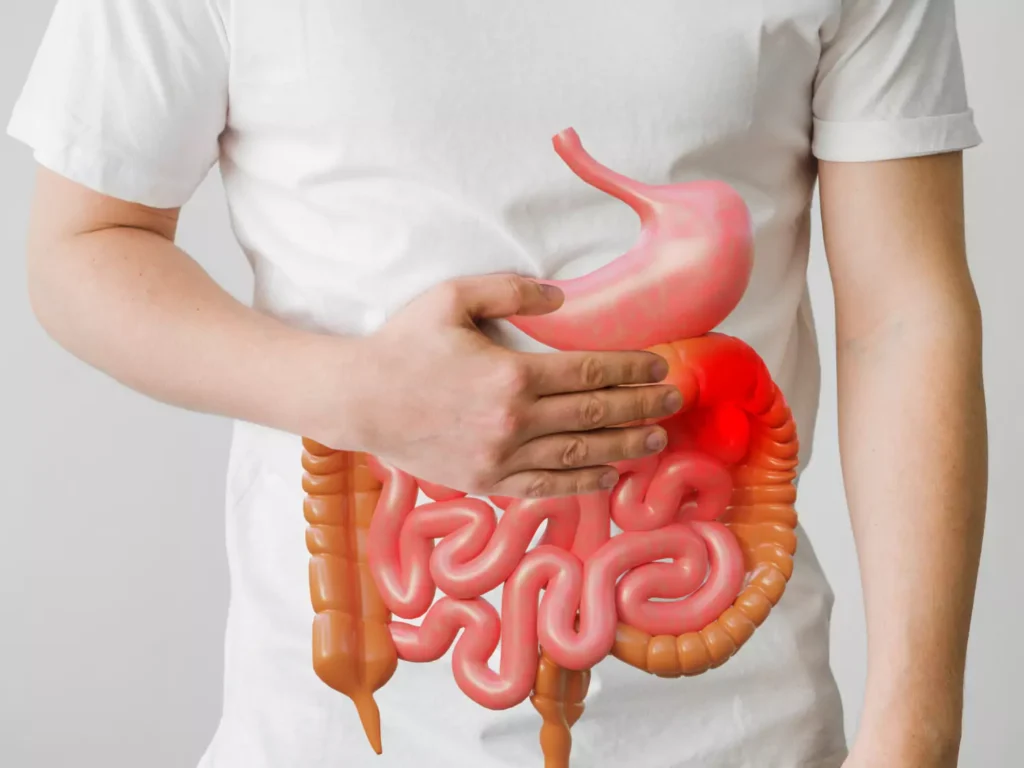
1. Gas and Bloating
Experiencing bloating after a heavy meal or a few beers is common. However, if you frequently feel excessively bloated or experience rumbling and gas in your abdomen, it could be a sign of a poorly functioning gut or irritable bowel syndrome (IBS). Persistent bloating warrants a discussion with your healthcare provider.
2. Change in Toilet Habits
Bowel movements vary from person to person, influenced by diet and lifestyle. Dr. Austin Chiang, TikTok star and author of “Gut: An Owner’s Guide,” emphasizes monitoring changes in your usual bowel movements. “Some people have three bowel movements a day, while others have three a week,” he explains. “If there is a sudden change from what is typical for you, it is worth asking your doctor in case it needs to be looked into further.”
3. Fatigue
Feeling tired is part of modern life, but chronic fatigue could be linked to poor gut health. The gut-brain axis, a connection between your digestive system and brain, means that gut issues can affect your energy levels. If you’re constantly feeling drained, it might be time to consider your gut health.
4. Low Mood
An unhealthy gut can also contribute to low moods or depression. Harvard research indicates that the gastrointestinal tract is sensitive to emotions. Thus, maintaining good mental well-being is crucial for a healthy gut. If you’re experiencing persistent low mood or depression, consider evaluating your gut health alongside other factors.
5. Brittle Hair, Skin, and Nails
Dry, damaged hair, skin, and brittle nails can indicate that your gut isn’t functioning properly. The nutrients we absorb from food are essential for maintaining healthy hair, skin, and nails. A poorly functioning gut can compromise nutrient absorption, leading to these physical signs.
6. Frequent Illness
While catching a few colds a year is normal, constantly being unwell may signal poor gut health. Dietitian Lucy Kerrison notes that the gut is responsible for 70% of your immune system. A compromised gut can weaken your immune defenses, making you more susceptible to illnesses.
7. Broken Bones
Similar to brittle nails and hair, poor gut health can prevent adequate calcium absorption, increasing your risk of broken bones. This is particularly concerning as it can lead to conditions such as osteoporosis, which weakens bones and makes them more prone to fractures.
Taking Action: Improving Your Gut Health
If you’re concerned about your gut health, there are several steps you can take to nurture your digestive system and overall well-being.
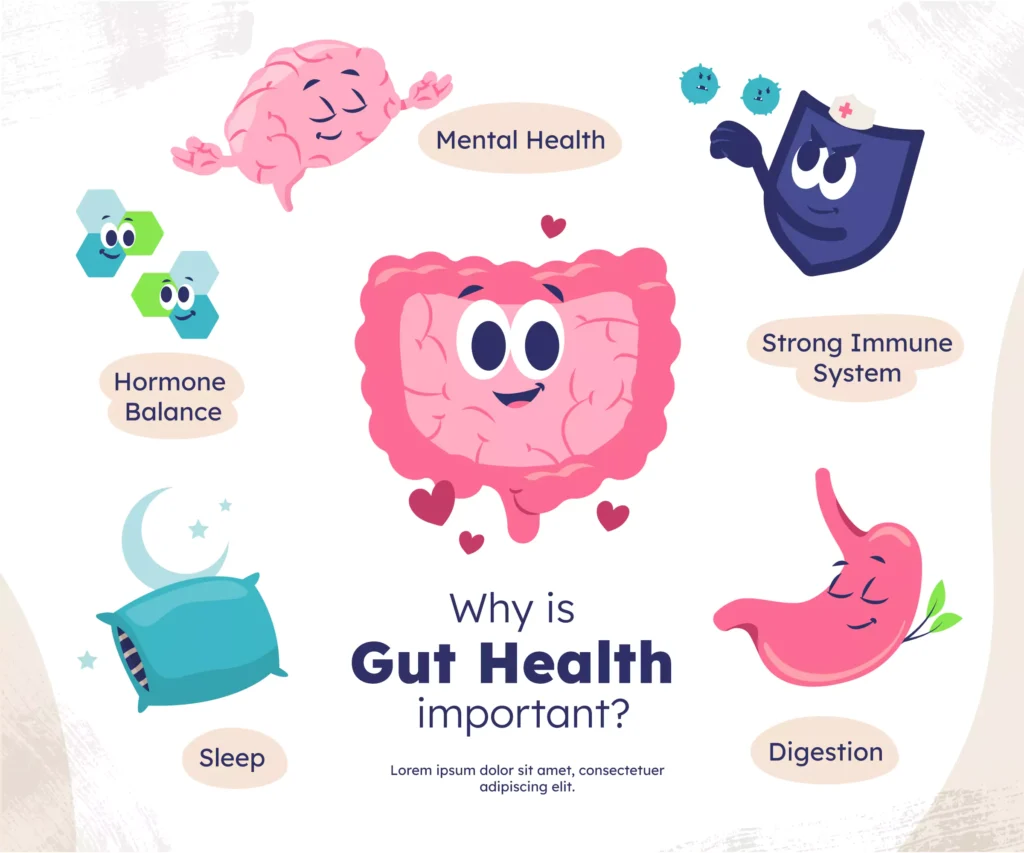
Dietary Changes
Incorporate More Vegetables and Plant-Based Foods: Health experts recommend aiming for a diverse diet that includes a variety of plant-based products. Vegetables, fruits, legumes, nuts, and seeds are all excellent choices.
Increase Fiber Intake: Aim for at least 30 grams of fiber per day. High-fiber foods such as oats, beans, vegetables, nuts, and granary breads support a healthy gut microbiome.
Lifestyle Adjustments
Stay Hydrated: Drinking plenty of water helps with digestion and nutrient absorption. It also aids in the elimination of toxins from the body.
Exercise Regularly: Physical activity can help maintain a healthy weight, improve mood, and support digestive health.
Manage Stress: Chronic stress can negatively impact your gut health. Practices such as mindfulness, meditation, and yoga can help reduce stress levels.
Health Insurance and Life Insurance Considerations
Given the rising cancer rates among younger individuals, it’s essential to consider the role of health insurance and life insurance in managing potential health risks.
Health Insurance: Comprehensive health insurance can provide access to preventive care, regular screenings, and early treatment options for conditions such as cancer. Ensure your policy covers a wide range of medical services, including specialist consultations and advanced treatments.
Life Insurance: Life insurance is crucial for providing financial security to your loved ones in case of an unexpected diagnosis. Policies that include critical illness cover can offer a lump sum payout upon diagnosis of a serious condition, helping to alleviate financial stress during challenging times.
Understanding the Gut-Cancer Connection
The Gut Microbiome
The gut microbiome consists of trillions of microorganisms, including bacteria, fungi, viruses, and other microbes. These microorganisms play a vital role in digestion, nutrient absorption, immune function, and protection against harmful pathogens.
How Gut Health Affects Cancer Risk
Emerging research suggests that an imbalance in the gut microbiome, known as dysbiosis, can contribute to the development of certain cancers. Dysbiosis can lead to chronic inflammation, which is a known risk factor for cancer. Inflammation can cause DNA damage, promote the growth of cancerous cells, and suppress the immune system’s ability to detect and destroy malignant cells.
Colon Cancer and Gut Health
Colon cancer, one of the most common types of cancer, has been closely linked to gut health. Studies have shown that people with a diverse and balanced gut microbiome have a lower risk of developing colon cancer. Conversely, individuals with an unhealthy gut microbiome may have an increased risk.
Probiotics and Prebiotics
Incorporating probiotics and prebiotics into your diet can help maintain a healthy gut microbiome.
Probiotics: These are live bacteria and yeasts that are beneficial for your digestive system. They can be found in fermented foods such as yogurt, kefir, sauerkraut, kimchi, and pickles.
Prebiotics: These are non-digestible fibers that feed the beneficial bacteria in your gut. Foods rich in prebiotics include garlic, onions, leeks, asparagus, bananas, and whole grains.
The Role of Antibiotics
While antibiotics are essential for treating bacterial infections, overuse or misuse can disrupt the balance of the gut microbiome. It’s important to use antibiotics only when prescribed by a healthcare professional and to follow the recommended dosage and duration.
Monitoring and Maintaining Gut Health
Regular Check-ups
Regular medical check-ups can help detect potential health issues early. Discuss any gut health concerns with your healthcare provider and consider regular screenings for conditions such as colon cancer, especially if you have a family history or other risk factors.
Personalized Health Plans
Work with your healthcare provider to develop a personalized health plan that includes dietary recommendations, exercise routines, and stress management techniques tailored to your specific needs.
Education and Awareness
Stay informed about the latest research and developments in gut health and cancer prevention. Participate in health awareness programs and support initiatives that promote early detection and healthy lifestyle choices.
The alarming rise in cancer rates among younger people underscores the importance of maintaining good gut health. By recognizing the signs of an unhealthy gut and taking proactive steps to improve your digestive health, you can reduce your risk of developing serious conditions such as colon cancer.
Incorporating a balanced diet rich in fiber, vegetables, and plant-based foods, staying hydrated, exercising regularly, and managing stress are all essential components of a healthy lifestyle. Additionally, considering comprehensive health insurance and life insurance can provide financial security and peace of mind in the face of health challenges.
By prioritizing your gut health and overall well-being, you can take control of your health and reduce your risk of serious illnesses. Remember to consult with healthcare professionals for personalized advice and support on your journey to better health.



































































































